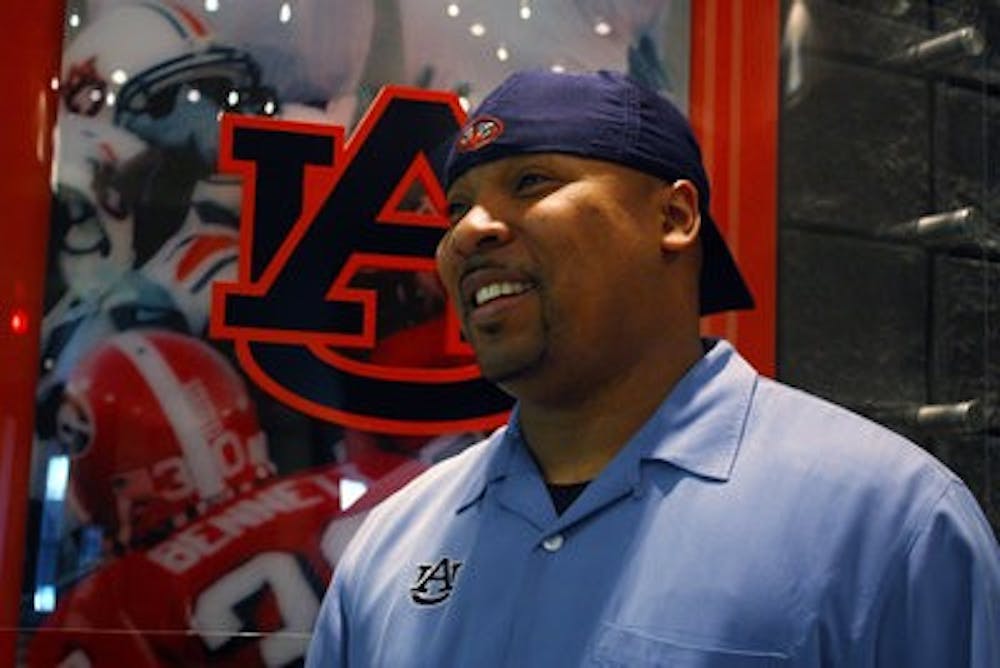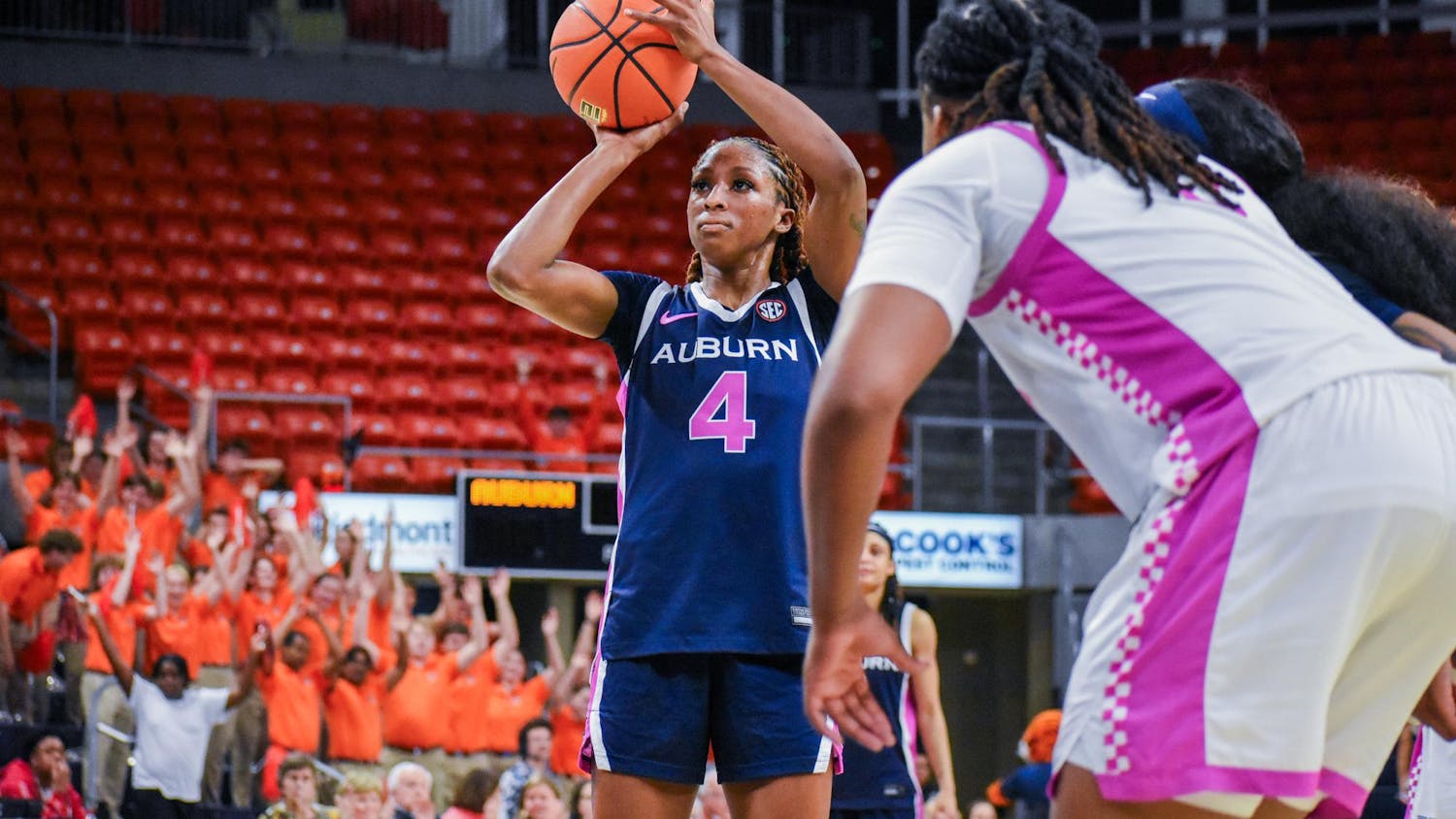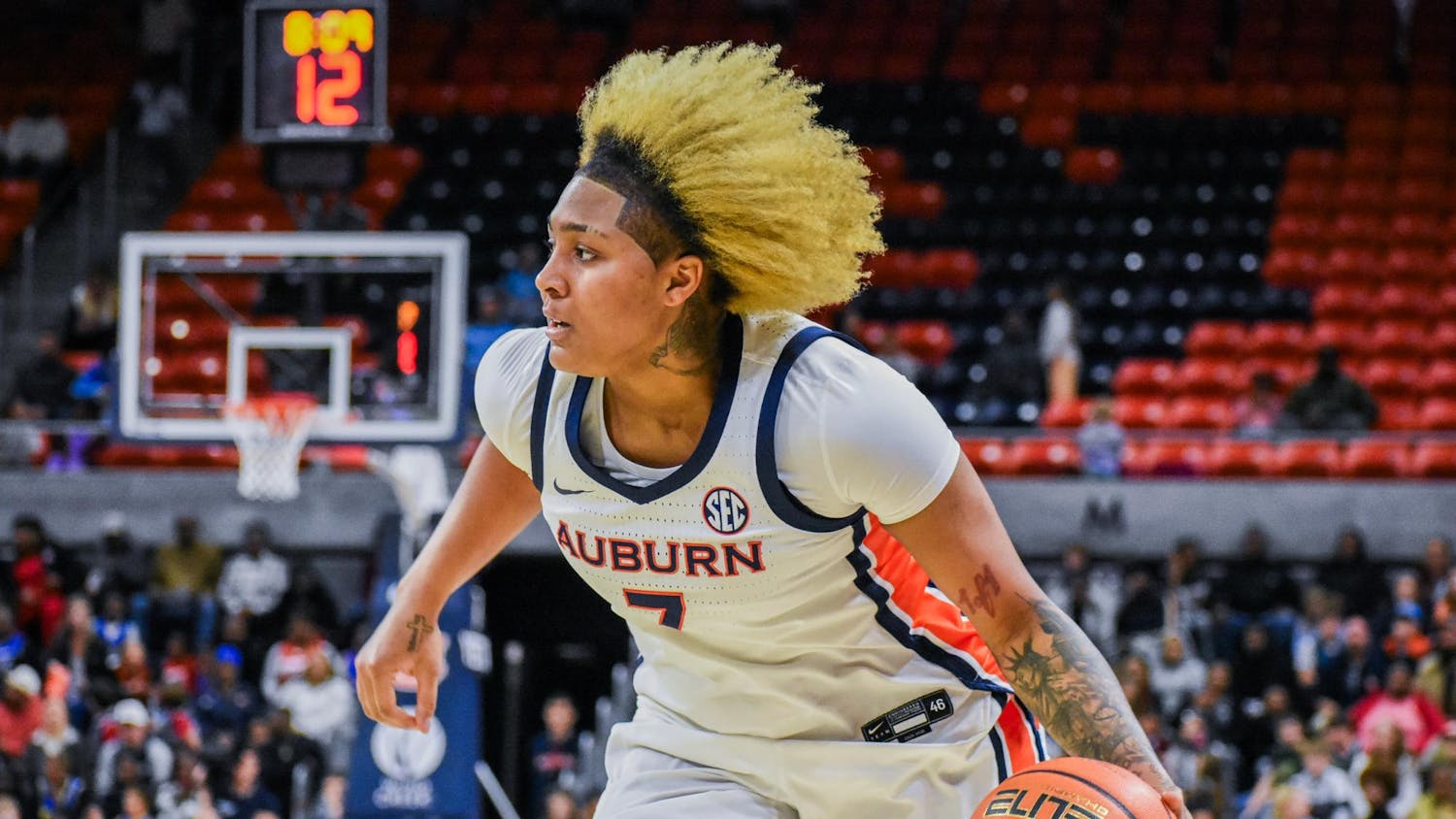For Auburn wide receivers coach Trooper Taylor, commitment to Auburn football doesn't stop for a federal holiday.
While the rest of town slept in Monday morning, he was on the road recruiting.
Taylor said he is aware coaching isn't a regular job with regular hours.
However, Taylor said traveling does not take away from the importance of Martin Luther King Jr. Day.
"Just in my own family, I always make sure we talk about the history," Taylor said. "Kind of what he stood for, how he died, what he died for and always the speeches, we make sure we pass that on."
Taylor has become a prominent figure in Auburn Football, but said many people don't recognize him without his signature backwards baseball cap.
This has caused his daughter to ask him not to wear it in grocery stores.
That attention motivates Taylor to live like every day is an interview. He tries to make good decisions to be a role model, not only for members of the black community, but also for young people.
"Those are the things I try to emphasize, not just in my own personal life, but with my players," Taylor said. "Just to make good choices for those that are not just with you right now, but the ones that are going to come after you."
The coach said he looks up to former Indianapolis Colts head coach Tony Dungy.
Taylor said the coaches in his life helped him become better.
They asked for his best and didn't accept less.
"I think when I look at coaching I think about all the coaches that I've come in contact with, good or bad, I've learned something from each one of them," Taylor said. "When my father passed when I was 12, I substituted the word 'father' or 'dad' for the word 'coach' because I thought God put those people in my life along the way to help me, and the funny thing about that is most of them weren't the same color as me and weren't the same last name, but they always treated me like family."
Taylor said Martin Luther King Jr. was especially important in helping him take pride in his heritage.
"Just with all the things that he went through and he still was able to stay focused, and not let the violent part come out of him during a really tough time and just all of the doors that he opened, not just in the coaching field, but for every aspect of life for minorities," Taylor said.
Taylor said being in Alabama helps bring everything together for him.
"Growing up in Texas, I didn't have a clue about the heritage," Taylor said. "You just saw it on TV all the time, you really couldn't relate to it, but being able to come here and go through Selma and go through some of those places and see things brought it right to the front."
Do you like this story? The Plainsman doesn't accept money from tuition or student fees, and we don't charge a subscription fee. But you can donate to support The Plainsman.





